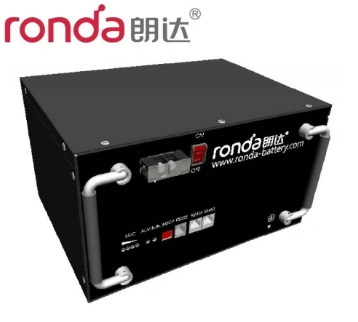
Privacy statement: Your privacy is very important to Us. Our company promises not to disclose your personal information to any external company with out your explicit permission.
Residential Energy Storage is the process of storing energy generated from renewable sources, such as solar panels or wind turbines, for later use in a household. The stored energy is stored in batteries, allowing homeowners to use it during periods of high energy demand or when the renewable energy source is not generating enough power.
Residential Energy Storage Systems come in a variety of shapes and sizes, with different capacities and technologies. One of the most commonly used types of residential Energy storage is lithium-ion batteries, which are known for their high energy density and long cycle life.
Residential energy storage has several benefits for homeowners. Firstly, it enables them to reduce their reliance on the grid and save money on electricity bills by using the stored energy during peak times. Secondly, it can provide a reliable source of backup power during power outages or emergencies.

In addition, residential energy storage can help to reduce the strain on the electricity grid and lower greenhouse gas emissions by allowing homeowners to generate and use their own renewable energy. This can also help to promote energy independence and sustainability.
However, there are also some challenges associated with residential energy storage. One of the main challenges is the cost of installation and maintenance, which can be quite high. Depending on the size and capacity of the system, the cost can range from a few thousand dollars to tens of thousands of dollars.
Another challenge is the energy density of the batteries, which can limit the amount of energy that can be stored in a small space. This means that for households with high energy demands, multiple batteries may be required to meet their needs.
Furthermore, the effectiveness of residential Energy Storage Systems can also be influenced by environmental factors, such as variations in weather and temperature. This can affect the amount of energy generated from renewable sources and the efficiency of the batteries in storing and releasing that energy.
In conclusion, residential energy storage is a promising technology that offers many benefits for homeowners looking to reduce their reliance on the grid and increase their use of renewable energy sources. While there are some challenges associated with the technology, ongoing improvements and advancements are expected to make residential energy storage more accessible, affordable, and effective in the coming years.
LET'S GET IN TOUCH

Privacy statement: Your privacy is very important to Us. Our company promises not to disclose your personal information to any external company with out your explicit permission.

Fill in more information so that we can get in touch with you faster
Privacy statement: Your privacy is very important to Us. Our company promises not to disclose your personal information to any external company with out your explicit permission.